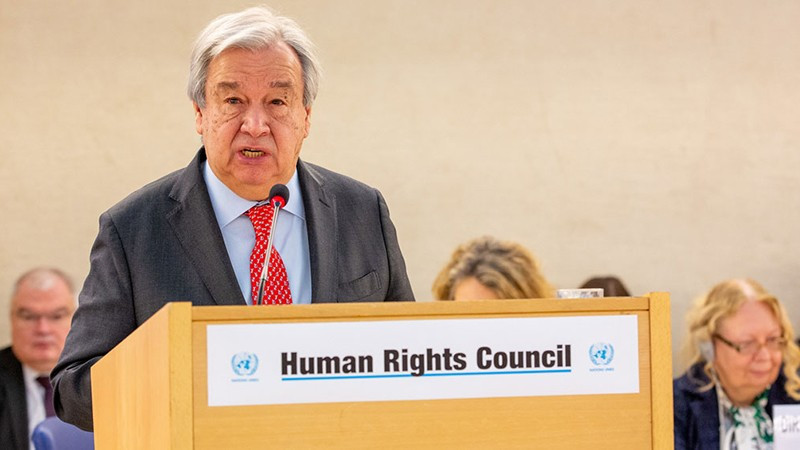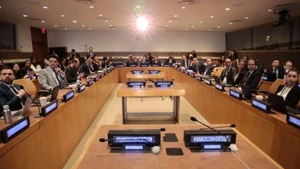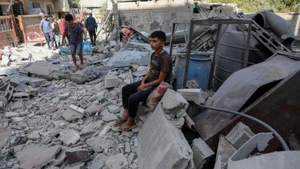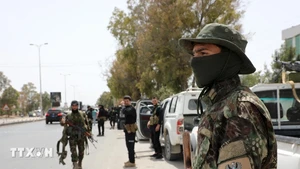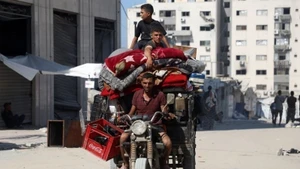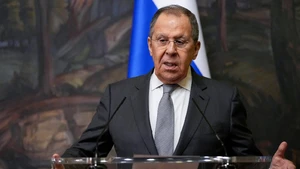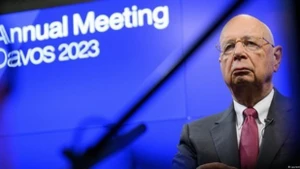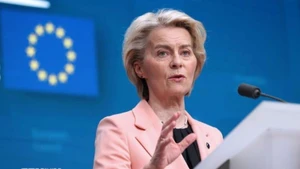Raising awareness about the serious and potential consequences of using weapons, especially weapons of mass destruction, plays a significant role in this common effort. March 5 was chosen by the United Nations as the International Day for Disarmament and Non-Proliferation Awareness.
Weapons of mass destruction, in particular nuclear weapons, pose a challenge to global security and have received increased attention from the international community in recent years.
The illegal accumulation and trade of arms and light weapons is a factor that causes and aggravates incidents of violence, terrorism and armed conflicts, jeopardising the peace, security, and sustainable development of many countries and regions. New and emerging weapon technologies, such as autonomous weapons, pose a challenge to global security and have received increased attention from the international community over recent years.
In his remarks at the recent UN Conference on Disarmament, UN Secretary-General António Guterres said that the Treaty on the Non-Proliferation of Nuclear Weapons, the Conventions on Biological and Chemical Weapons, and the Comprehensive Nuclear-Test-Ban Treaty are victories for peace that were hard-fought and hard-won.
However, he warned that geopolitical divides, relentless arms competition, and the erosion of frameworks have created a total deadlock.
According to him, the Agenda places the tools of prevention and disarmament at the heart of the global peace and security architecture.
He took the occasion to repeat his call to accelerate the implementation of all nuclear disarmament commitments.
 |
| Participants at the Regional Preparatory Meeting for the Fourth Review Conference on the United Nations Programme of Action to Prevent, Combat and Eradicate the Illicit Trade in Small Arms and Light Weapons. (Photo: United Nations Office for Disarmament Affairs) |
Illegal cross-border arms trading has increased terrorism, armed violence and illegal wildlife hunting in Africa. These acts were condemned by Eastern and Southern African countries at the Regional Preparatory Meeting for the Fourth Review Conference on the United Nations Programme of Action to Prevent, Combat and Eradicate the Illicit Trade in Small Arms and Light Weapons.
At the meeting, delegates said that enhanced border controls, regional cooperation on arms control, improved surveillance and stockpile management, and capacity building for law enforcement agencies are effective strategies for curbing the flow of illegal weapons.
Raising awareness of the importance of disarmament and non-proliferation efforts needs to be widely disseminated among the people, especially the younger generation. The United Nations Office for Disarmament Affairs recently selected outstanding candidates from more than 1,000 young people from 128 countries to participate in an innovative learning programme aimed at empowering them to work for disarmament in their communities.
Young candidates, including doctors, artists, and activists for peace, gender equality and youth rights, were chosen for their commitment and innovative approaches to promoting disarmament, non-proliferation and arms control.
Throughout the programme, they will engage with disarmament experts, participate in regional workshops and develop innovative projects to raise awareness and promote change for a more peaceful and secure world within their communities.
This programme, together with the previous edition and other learning programmes supported by the Office, is part of its targeted efforts to engage, educate and empower young people for disarmament.
Observed on 5 March 5, the International Day for Disarmament and Non-Proliferation Awareness plays a role in deepening the global public’s understanding of how disarmament efforts contribute to enhancing peace and security, preventing and ending armed conflicts, and curbing human suffering caused by weapons.
On this important day, UN Secretary-General António Guterres called on all partners — from governments and academia to media, civil society groups, industry, and young people — to turn up the volume on this collective emergency and raise awareness about the critical importance of disarmament and non-proliferation to humanity’s future.
